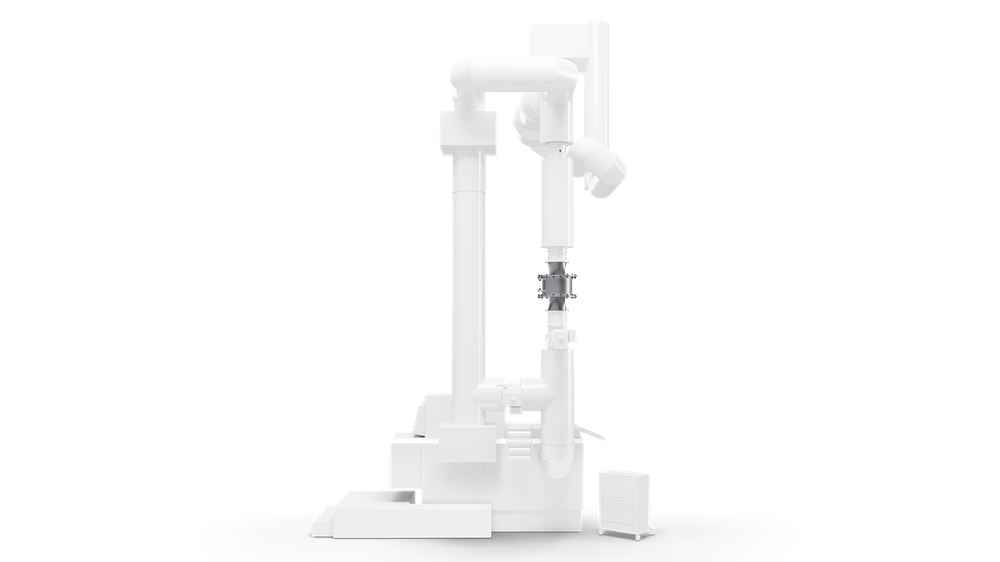In addition to the use of renewable energies, increasing efficiency in all sectors is also a key instrument for reducing CO2 emissions and stopping climate change. The industrial sector offers particularly high potential for this: around 30 per cent of final energy consumption in Germany is required for industry. Two thirds of this is process heat (approx. 460 TWh), whereby a high proportion of this energy is lost unutilised as waste heat due to the processes involved.
Thermoelectric generators offer a way of utilising this waste heat with a very short amortisation period. They use a semiconductor effect to convert part of the heat directly into electrical energy and provide the remaining heat as thermal energy. Their advantages over comparable technologies are their good cost-benefit ratio, their compact design and the fact that they are largely maintenance-free.
This innovative technology is being developed and demonstrated in the Recovery+ project. The expertise of the project partners will be combined in a targeted manner: The German Aerospace Centre (DLR) Institute of Vehicle Concepts is contributing extensive experience in the development of thermoelectric generators and Adolf Föhl GmbH is contributing its knowledge in the field of zinc die casting and practical implementation.
The aim of the project is to demonstrate the economic feasibility of thermoelectric generators. To this end, a thermoelectric generator is being developed for a Föhl melting furnace as an exemplary application. Its electricity yield is comparable to that of a 60 m² photovoltaic system, which also provides heating energy and has an amortisation period of less than three years. The research enables further development of the new technology across all sectors. Depending on market penetration, there is potential to save up to 21 TWh or up to 5 million tonnes of CO2 per year in Germany.
The project is funded by the Federal Ministry of Economics and Climate Protection (BMWK) as part of the RecoveryPlus project (FKZ: 03EN2024A).

